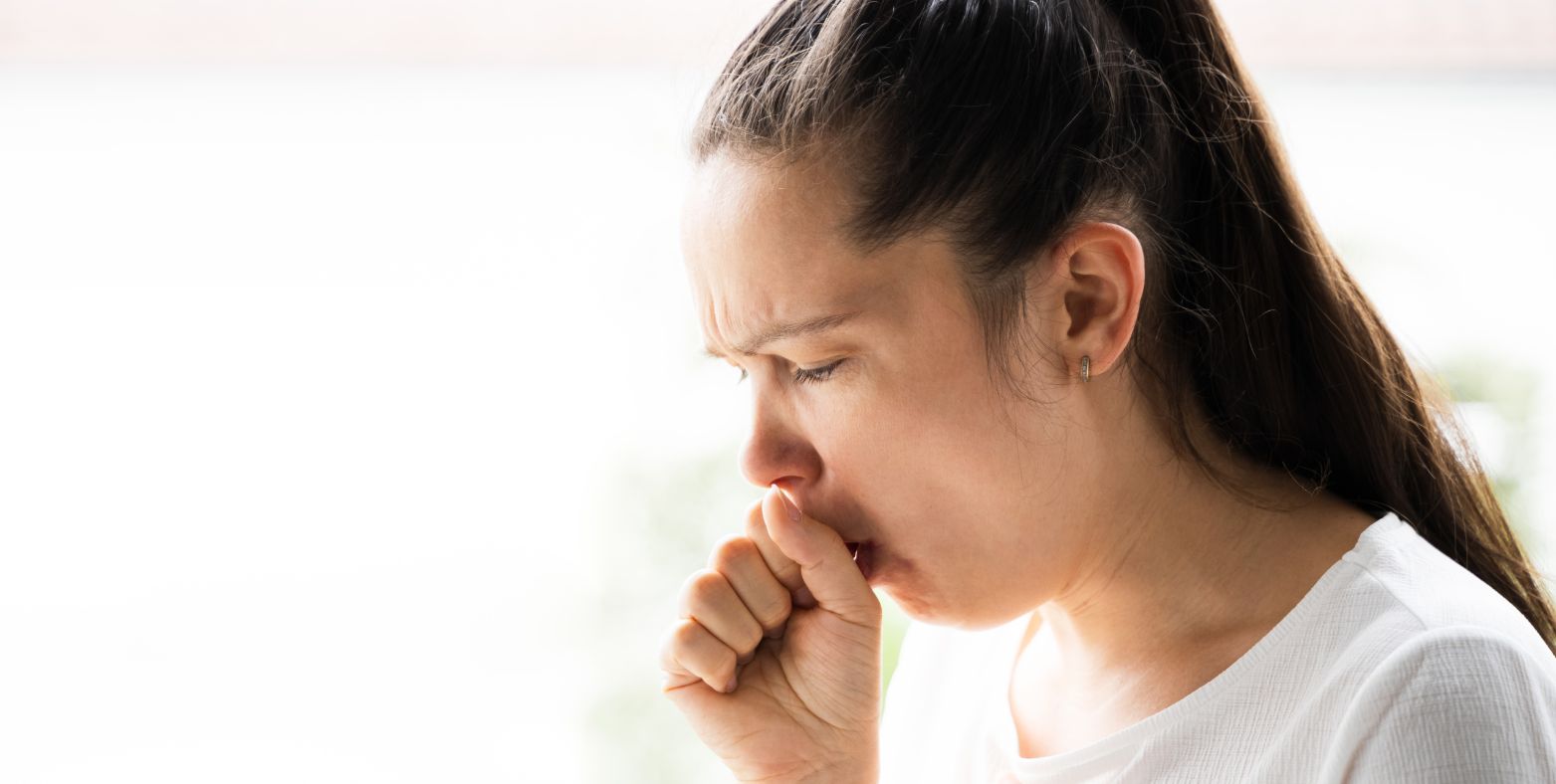|
Attaining a safe and healthy living space is vital to our overall well-being, yet hidden dangers can threaten its quality - such as mold. Molds are a fungus that grows in damp conditions, which could have serious adverse health impacts if present. This article will examine mold exposure effects and its potential risks to our well-being. By understanding these threats, we can take necessary measures to prevent and address mold-related problems. To understand the consequences of mold exposure, let's follow Joanna through her journey toward health. Joanna's Mold Exposure StoryJoanna shares her health journey and the challenges she encountered due to recurring health issues. Symptoms she suffered included strep infections, chronic runny nose, and cognitive decline, which she suspects to be due to mold exposure. After living in mold-infested homes and trying multiple unsuccessful treatments, she realized diet was critical in improving her health - specifically by decreasing inflammation caused by candida overgrowth in her gut. Joanna quickly realized that treating the root causes of her inflammation - such as mold exposure or parasites - was crucial to long-term healing. To her relief came an extreme gut and bowel cleanse, dramatically improving her overall health and energy levels. Joanna stresses the importance of seeking out and eliminating root causes rather than solely treating symptoms. Joanna's story highlights the significance of taking an integrative approach to healthcare, combining dietary changes with identifying and treating infections or toxins and lifestyle modifications. She hopes her experience can provide relief and restore their well-being. Read more here… We will explore the effects of mold exposure more thoroughly in subsequent sections. By understanding its impact on health, we can arm ourselves with the knowledge to protect ourselves and those we care for from mold exposure. Let's delve deeper into the symptoms, side effects of mold in house, and potential risks associated with mold exposure. What is the Mold Exposure Symptoms?Mold symptoms can vary considerably and affect people differently. Some may experience respiratory issues like coughing, wheezing, and shortness of breath, while others develop allergies with symptoms like sneezing, itchy or watery eyes, and runny nose. Skin rashes, headaches, fatigue, and difficulty focusing are also often experienced with mold exposure. Mold in Houses and Its ImpactMold can pose serious health risks in our homes. Mold spores release allergens and irritants into the air, triggering allergic reactions and worsening respiratory conditions such as asthma. Prolonged exposure can also compromise an individual's immune system, leaving them more prone to infections and illnesses. Mold can also produce mycotoxins, harmful chemicals with serious health repercussions. Mycotoxins can enter our bodies through inhalation, ingestion, or skin contact and cause symptoms, potentially leading to long-term health concerns. Understanding Mold IllnessesMold illness (also referred to as biotoxin illness or mold toxicity) occurs when individuals are exposed to high concentrations of mold toxins or mycotoxins and can result in a range of symptoms, including chronic fatigue, muscle and joint pain, headaches, memory issues, and digestive problems. Due to overlap with symptoms from other conditions, diagnosing mold illness may be difficult, often requiring an in-depth assessment of medical history, symptoms, and exposure history to pinpoint its root cause accurately. Mold Exposure and Minimizing Health RisksTaking proactive steps is crucial to reduce the health risks associated with mold exposure. Here are a few measures you can take:
Implementing preventative measures and maintaining a clean and dry living environment is vital to minimizing mold exposure risks and their harmful health implications. Priority should always be given to early detection and prompt action when dealing with potential mold contamination issues. Final ThoughtsMold exposure can potentially have severe and long-term repercussions for our health, from mild allergic reactions to more serious health conditions and even chronic illnesses. Understanding the risks and taking proactive steps against mold issues are critical elements in maintaining a safe living environment. Joanna's mold exposure experience serves as a timely reminder that lasting relief often requires an interdisciplinary approach. We can make significant strides toward improved well-being by targeting root causes such as mold exposure or environmental factors; remember, finding and eliminating their source is the goal. When signs or symptoms indicate mold exposure or contamination, it's wise to contact a healthcare provider or environmental specialist immediately. They can assist in understanding all aspects surrounding mold-related health problems and provide solutions. By being informed, taking proactive measures, and seeking appropriate assistance, you can shield yourself and your loved ones from mold exposure's detrimental effects. Let's prioritize health by creating living environments promoting wellness and vitality. Need mold remediation in Spokane WA? CALL US FAQsWhat are the typical symptoms of mold exposure?Mold exposure may manifest in various ways, from respiratory issues such as coughing and wheezing to allergies such as sneezing and watery eyes to skin rashes, headaches, fatigue, and difficulty focusing. Can mold have long-term health ramifications in homes?Yes, prolonged exposure to mold in homes can have long-term health implications. Mold spores may compromise immunity and increase susceptibility to infections and illnesses. Furthermore, certain species produce mycotoxins which have the potential to have severe health impacts if inhaled for extended periods. How can I reduce the risks of mold exposure?To lower health risks, moisture issues in your living spaces must be effectively addressed. Be sure to identify and fix sources of excess moisture; maintain adequate ventilation; inspect for mold growth regularly; use mold-resistant materials when renovating or building new structures, etc. What is mold illness and how can it be diagnosed?Mold illness (mold toxicity or biotoxin illness) occurs when exposed to high concentrations of mold or mycotoxins. Diagnosing mold illness can be challenging due to symptoms that overlap with those associated with other conditions; an extensive evaluation of medical history, symptoms, and exposure is typically performed to diagnose mold illness accurately. What should I do if I suspect mold in my home?If you suspect mold exposure, you should seek advice from a healthcare professional or environmental specialist immediately. They can assess your situation, conduct necessary tests or inspections and offer guidance regarding remediation measures or health interventions to address mold effectively and reduce associated health risks. Taking swift action against mold issues effectively will reduce associated health risks significantly.
Comments are closed.
|
AuthorMold Remediation Spokane WA is a mold company expert Archives
July 2023
Categories |
|
SERVING SPOKANE WA AND
SURROUNDING AREAS |
cOMPANY INFOADDRESS
Mold Remediation Spokane WA 4407 N Division St #714 Spokane, WA 99207 BUSINESS HOURS
7 AM- 11 PM We want to be available to you anytime of day. That's why we don't constrain what we do to business hours. |
OUR SERVICESSOCIAL MEDIA |




